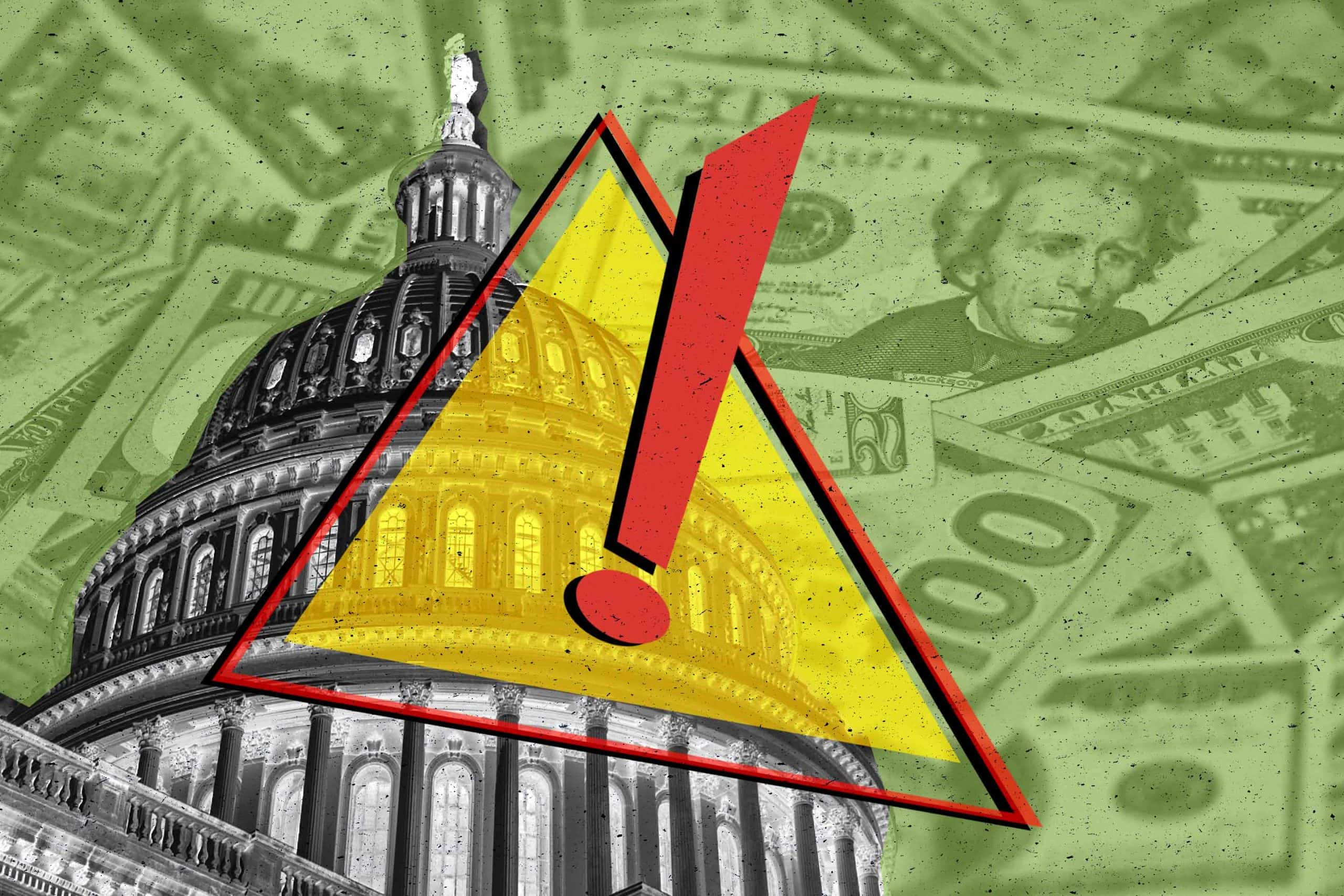With the resumption of federal student loan bills this fall, borrowers are navigating a changed landscape, including a new repayment plan, servicer transitions, and long call wait times.

Alongside these challenges, there is a growing concern about student loan scams seeking to exploit the situation
Clayton LiaBraaten, a senior executive advisor at Truecaller, a spam call-blocking app, warns that periods of marketplace confusion tend to attract criminal fraudsters. Borrowers must remain vigilant, despite regulatory crackdowns on student loan scams. In August, the Federal Trade Commission (FTC) exposed a group of scammers who netted approximately $8.8 million by falsely promising “Biden Loan Forgiveness” in exchange for large upfront fees. This group, claiming affiliation with the U.S. Department of Education, primarily targeted borrowers through calls and texts.
Experts advise recipients of unsolicited calls or texts regarding their student loans to be cautious, as it is likely a scam. Key indicators of student loan scams include the misuse of terms like “federal” in communication and false claims of government association or ties to the Education Department or loan servicer. Aggressive advertising language also raises suspicion.
Leslie Tayne, a financial debt attorney, emphasizes that the federal government does not solicit student loan borrowers. Any communication resembling a sales pitch with guarantees and promises is not from the government. Additionally, demands for upfront or monthly fees for debt relief services are indicative of student loan scams.
Legitimate federal student loan relief programs, such as income-driven repayment plans, borrower defense to repayment, Public Service Loan Forgiveness, and IDR account adjustments, are always free to enroll in or benefit from.
Be cautious of calls promising instant relief, as most federal programs require a decade of payments to qualify
Ally Armeson, program director of the nonprofit Cybercrime Support Network, underscores that legitimate loan forgiveness programs have strict eligibility criteria, making claims of instant forgiveness suspect. Scammers exploit borrower anxiety over repayment, positioning themselves as saviors.
Scammers employ various contact methods, including robocalls, letters, texts, and social media messages. Recipients are advised to exercise caution, avoid engagement, and verify official channels. The FTC reports that student loan scams originating from social media have accounted for $2.7 billion in reported losses since 2021.
To safeguard against student loan scams, maintain strong passwords and enable two-factor authentication for online financial accounts. Never share login information. If targeted, cease communication with the scammer, then take steps to protect yourself, including contacting your student loan servicer and reporting the incident to the FTC.
READ ALSO: Social Security 2024: Changes Ahead For Beneficiaries As COLA Increases Monthly Benefits




